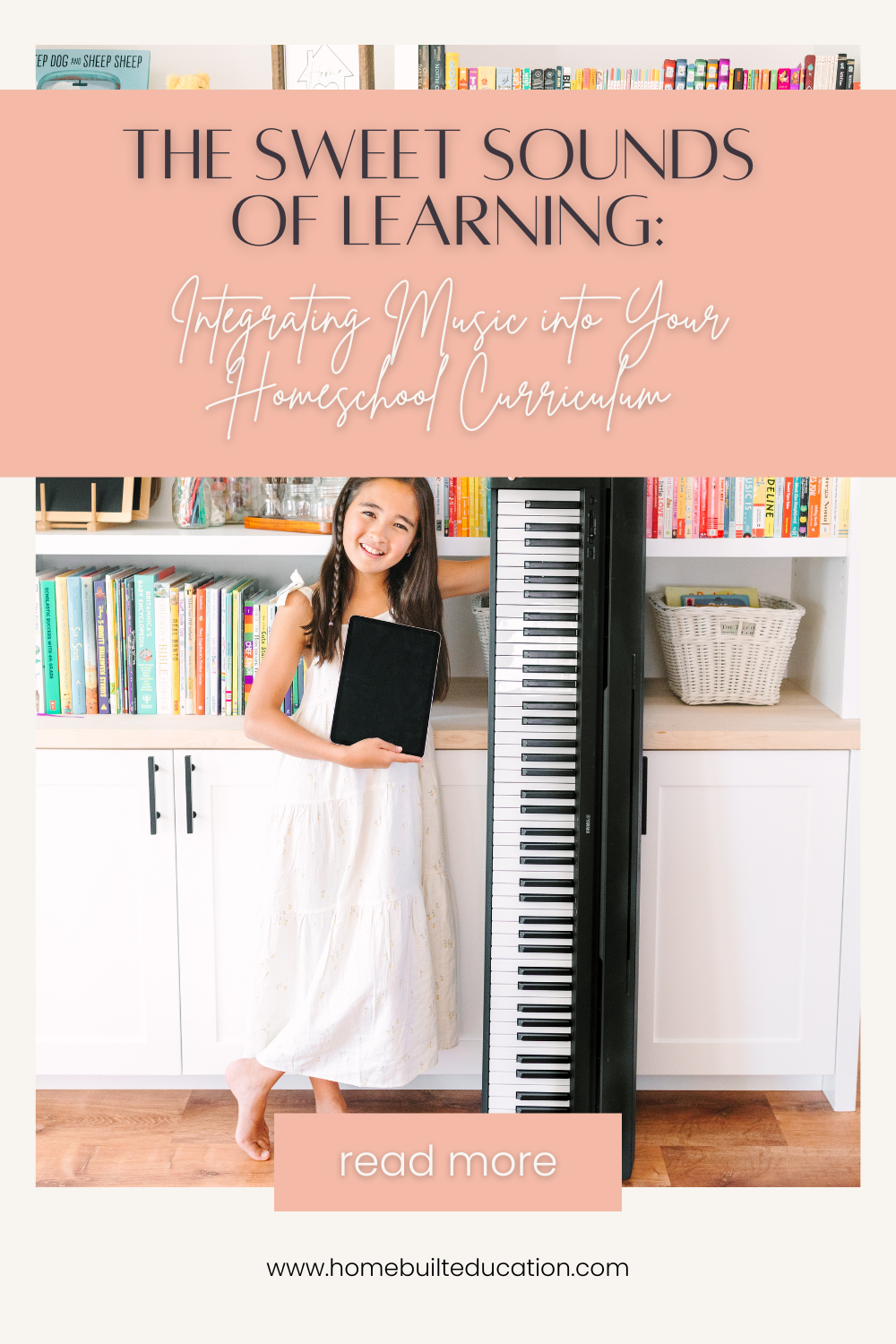The Sweet Sounds of Learning: Integrating Music into Your Homeschool Curriculum
As a passionate advocate for a comprehensive educational experience, I often emphasize the incredible benefits of integrating music into our daily homeschool routines. Music isn't just a subject to be taught alongside math and science; it's a powerful tool that enhances learning, enriches the homeschool environment, and touches every aspect of our children's development. Let’s explore why music is crucial in education and how we can seamlessly incorporate music into your homeschool curriculum.
Why Music Matters in Education
Cognitive Development: Studies have shown that music can boost brain function. Learning to play an instrument or engaging in musical activities improves memory, attention, and problem-solving skills, which are transferable to academic subjects like math and language arts.
Emotional Expression: Music provides a unique outlet for emotional expression and coping. Children learn to communicate their feelings through music, which is essential for emotional intelligence and mental health.
Cultural Awareness: Through music, children gain exposure to different cultures and historical periods, broadening their worldview and fostering a deeper understanding of the diversity that shapes our world.
Building Confidence: Learning music, whether it’s singing in tune, playing an instrument, or composing, provides opportunities for personal achievement and confidence building.
5 Ways to Incorporate Music into Your Homeschool
Daily Music Sessions: Dedicate time each day for music, whether it’s listening to different genres, singing, or playing instruments. This regular exposure helps integrate music into the fabric of everyday learning.
Music Appreciation: Allocate weeks where the focus is on different composers, musical eras, or cultures. Explore their histories, listen to their works, and discuss their influences on society.
Integrate with Other Subjects: Use music to enhance lessons in other subjects. For example, when studying history, listen to music from the periods you are learning about to create a richer understanding of that era.
Performance Opportunities: Encourage your children to perform, whether in a small family setting or a larger community event. Performances can help children overcome fears and can be incredibly rewarding.
Musical Field Trips: Attend concerts, visit museums focused on music, or go to libraries for music-focused events. These experiences can be incredibly inspiring and educational.
Special Resources to Enhance Music Learning
I highly recommend Hoffman Academy for those looking for structured, quality music lessons that can be done right at home. They provide interactive piano lessons that are perfect for homeschoolers looking to add music education to their curriculum.
Check out Hoffman Academy for excellent music lessons - use code HOMEBUILT for a special discount!
Additionally, I’ve curated a list of musical resources available on Amazon that includes instruments, educational books, and music theory games designed to make learning music accessible and fun.
Explore my recommended music resources on Amazon.
Wrapping up How to Integrate Music into Homeschool Curriculum
Integrating music into your homeschool isn’t just about creating musicians; it's about molding well-rounded individuals who appreciate the arts and understand the world in a unique and profound way. With the right tools and approach, music can become a pivotal part of your homeschooling experience, bringing joy and a deepened sense of learning to your family’s educational journey.
Let's make music a vibrant part of our homeschool curriculum and watch as our children thrive in harmony and creativity.
Happy homeschooling and musical explorations!





